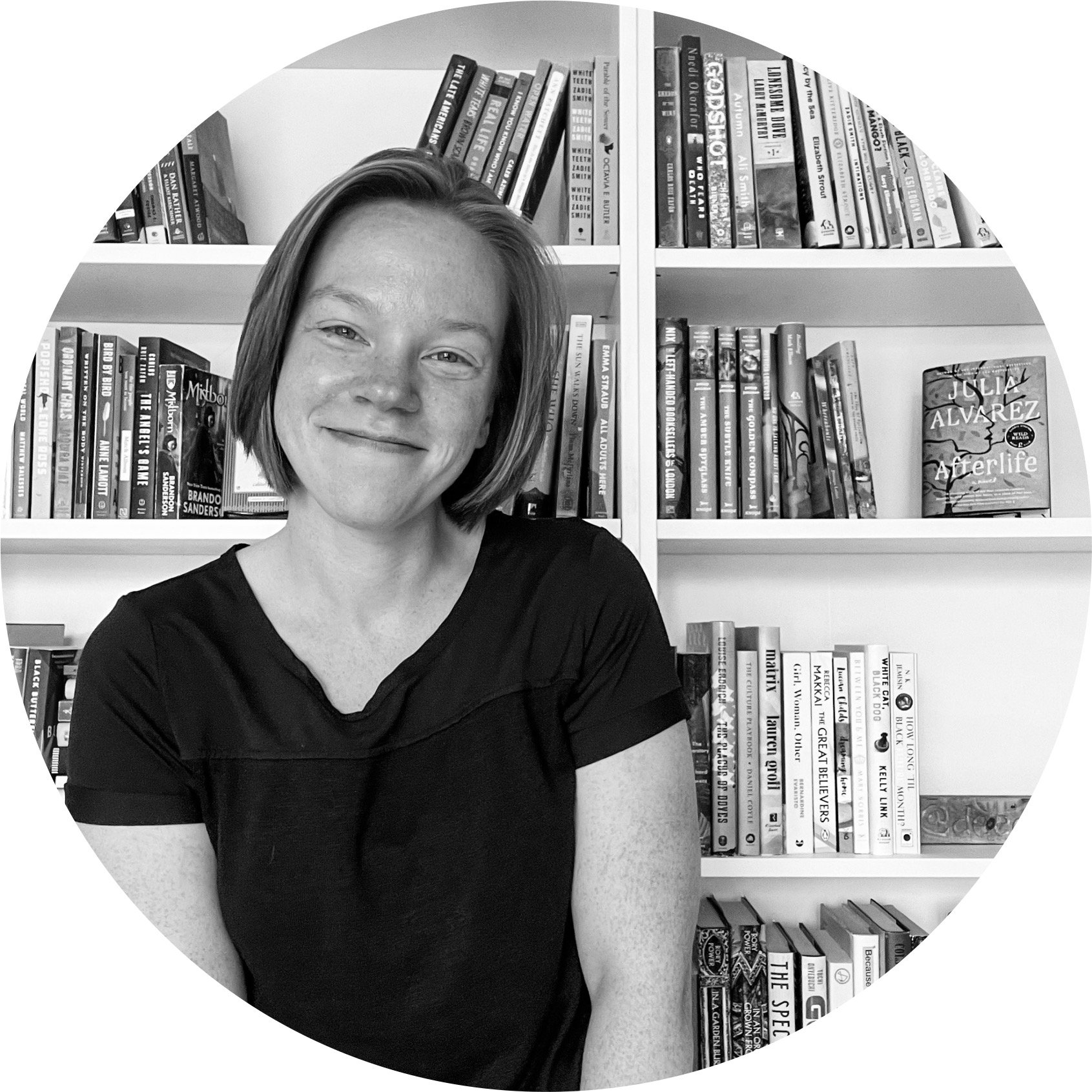The Town of Babylon
Author: Alejandro Varela
Publisher: Astra House
Goodreads | The StoryGraph
Click above to buy this book from my Bookshop.org shop, which supports independent bookstores (not Amazon). You can also find it via your favorite indie bookstore here.
Note: Content and trigger warnings are provided for those who need them at the bottom of this page. If you don’t need them and don’t want to risk spoilers, don’t scroll past the full review.
Cover Description
In this contemporary debut novel—an intimate portrait of queer, racial, and class identity —Andrés, a gay Latinx professor, returns to his suburban hometown in the wake of his husband’s infidelity. There he finds himself with no excuse not to attend his twenty-year high school reunion, and hesitantly begins to reconnect with people he used to call friends.
Over the next few weeks, while caring for his aging parents and navigating the neighborhood where he grew up, Andrés falls into old habits with friends he thought he’d left behind. Before long, he unexpectedly becomes entangled with his first love and is forced to tend to past wounds.
Captivating and poignant; a modern coming-of-age story about the essential nature of community, The Town of Babylon is a page-turning novel about young love and a close examination of our social systems and the toll they take when they fail us.
TL;DR Review
The Town of Babylon is a fresh, fascinating novel about suburbia, racism, homophobia, class, and the child-of-immigrants experience. I didn’t fully love it, but I think it has a ton of merits.
For you if: You don’t mind unlikeable main characters in character-driven novels.
Full Review
The Town of Babylon is a finalist for this year’s National Book Award (which will be announced tomorrow!). I hadn’t heard about it before its nomination, and although it didn’t fully work for me, I think it has a lot of merits and I’m glad I read it.
The main character is a gay Latino-American man named Andrés who travels home from NYC to his small Long Island town to help his mother care for his father post-surgery. His marriage is also going through a rough patch. Despite the fact that he cut off all contact with everyone from his hometown 20 years ago, he decides last-minute to attend his high school reunion. With a special focus on his interaction with three peripheral characters — his former best friend, his first boyfriend, and a person who committed a violent homophobic crime — we watch as his week at home changes the way he thinks about his coming of age as the child of immigrants, his present, and who he wants to be going forward.
This novel absolutely has a ton going for it. It examines the suburban experience with xenophobia, racism, class, and queerness in a sharp, smart way. The prose is excellent, and parts feel very engaging. I have no doubt that this book will resonate deeply with anyone who shares similar experiences with Andrés. And while I liked it, there were a few things that led me to not love it.
First, the structure just didn’t quite work for me. It alternates between present-day first-person chapters and flashback third-person chapters, many of which (especially toward the end) are from the POV of peripheral characters. The problem was that it never really felt fully polyphonic to me, just like a more convenient way to give backstory. I would have preferred to stay in Andrés’ POV more often and have our understanding of the town develop that way. The first half was also a bit slow. Finally, Andrés is sympathetic but not fully likable — he’s self-centered and (although politically liberal) close-minded, and it’s hard to watch his conversations implode, despite the growth we do sort of get to see at the very end.
That said, these criticisms are personal to me, and I know the book works very well for other readers, so don’t let my quibbles stop you if you are considering picking it up!
Content and Trigger Warnings
Homophobia and racism
Hate crime/murder
Infidelity
Mental illness (Schizophrenia), institutionalization
Addiction recovery
Sexual content
Infertility/miscarriages (minor)
Abortion (minor)
Sexual assault (alluded to in the past, minor)


